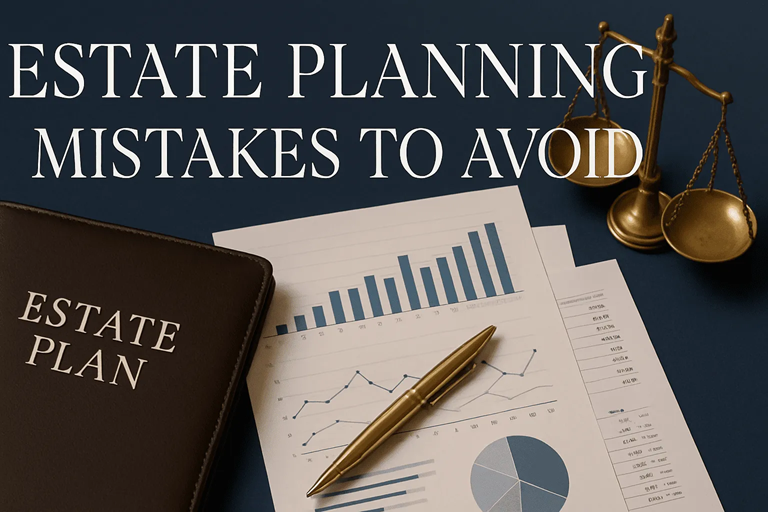- fcmbtrustees@fcmb.com
- 0201 290 2721
WILLS OR TRUST- WHICH IS BEST FOR YOU?

WILLS OR TRUST- WHICH IS BEST FOR YOU?
Whether you are just starting the Estate Planning process or looking to update an existing plan, understanding the options available will give you peace of mind knowing your assets will be distributed according to your wishes. If you want to ensure there are no gaps in your estate plan, you can have both a Living Trust and a Will.
As expounded in previous publications, the two foremost options of Estate Planning are Wills and Trusts. While they are similar, the two have significant differences.
Wills take effect upon the death of the Testator, Trusts may be used both during the life and after death of the Settlor. Separately or together, Wills and Trusts can serve as effective Estate Planning.
For small Estate with easily transferred assets and simple bequests, a Will may be the least expensive and most efficient choice as they are less expensive to write and easier to implement.
Larger and more complex Estates may benefit by using both arrangements. High net worth individuals seeking to avoid probate and maintain privacy and confidentiality could be better off with a Living and Testamentary Trust.
Your decision about using a Will or Trust or both should depend on the nature and value of your assets, the age and capabilities of your heirs, tax planning consideration and complexity of your bequests. Ultimately, to protect the value of your assets and to realize your intended benefits for your heirs, thoughtful Estate Planning is essential.
It is important to establish an Estate Plan earlier rather than later in life.
The careful use of Wills, Trusts, or both, can ensure your assets end up where you want them to go. If the cost of establishing and maintaining a Trust is reasonable in relation to your assets and goals, a Trust generally can settle your Estate more quickly that a Will and can provide confidentiality for Trust assets.
PRESERVE YOUR HUSTLE!
Reach out to our team of professional to create an Estate Plan suitable for you!
Learn more from us on: www.fcmbtrustees.com
RELATED POSTS
Protecting Your Privacy Is Important To Us
By clicking "OK" you agree FCMB Trustees can collect data to be used for the operation of the website, maintain quality of service and provide general statistics regarding the website.


























POST A COMMENTS